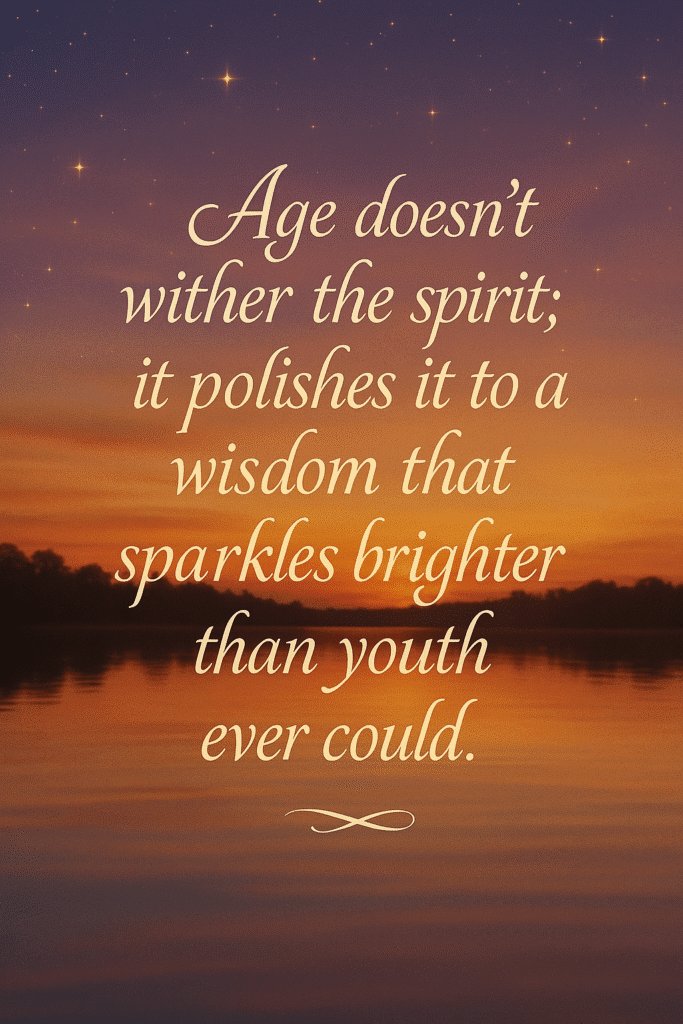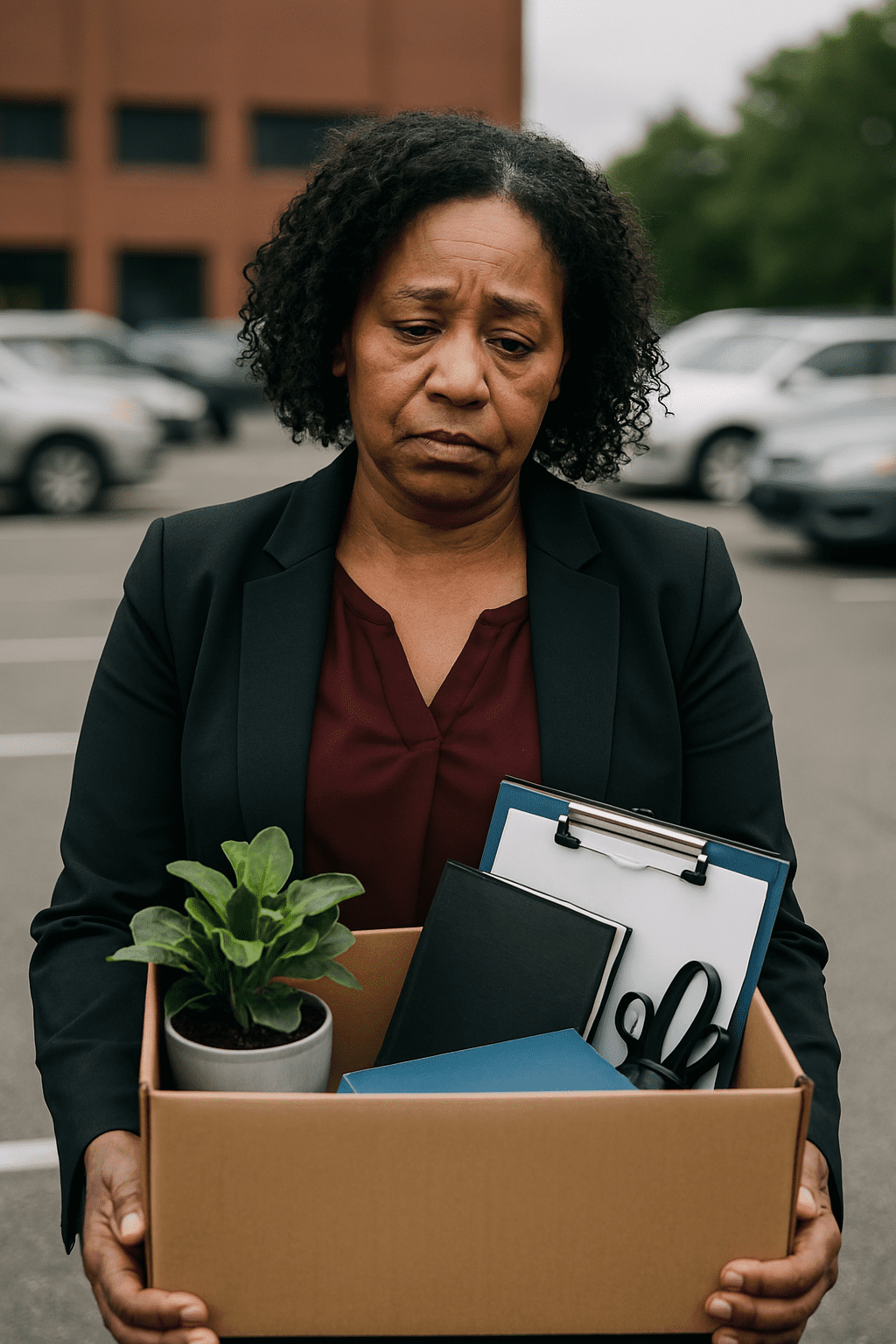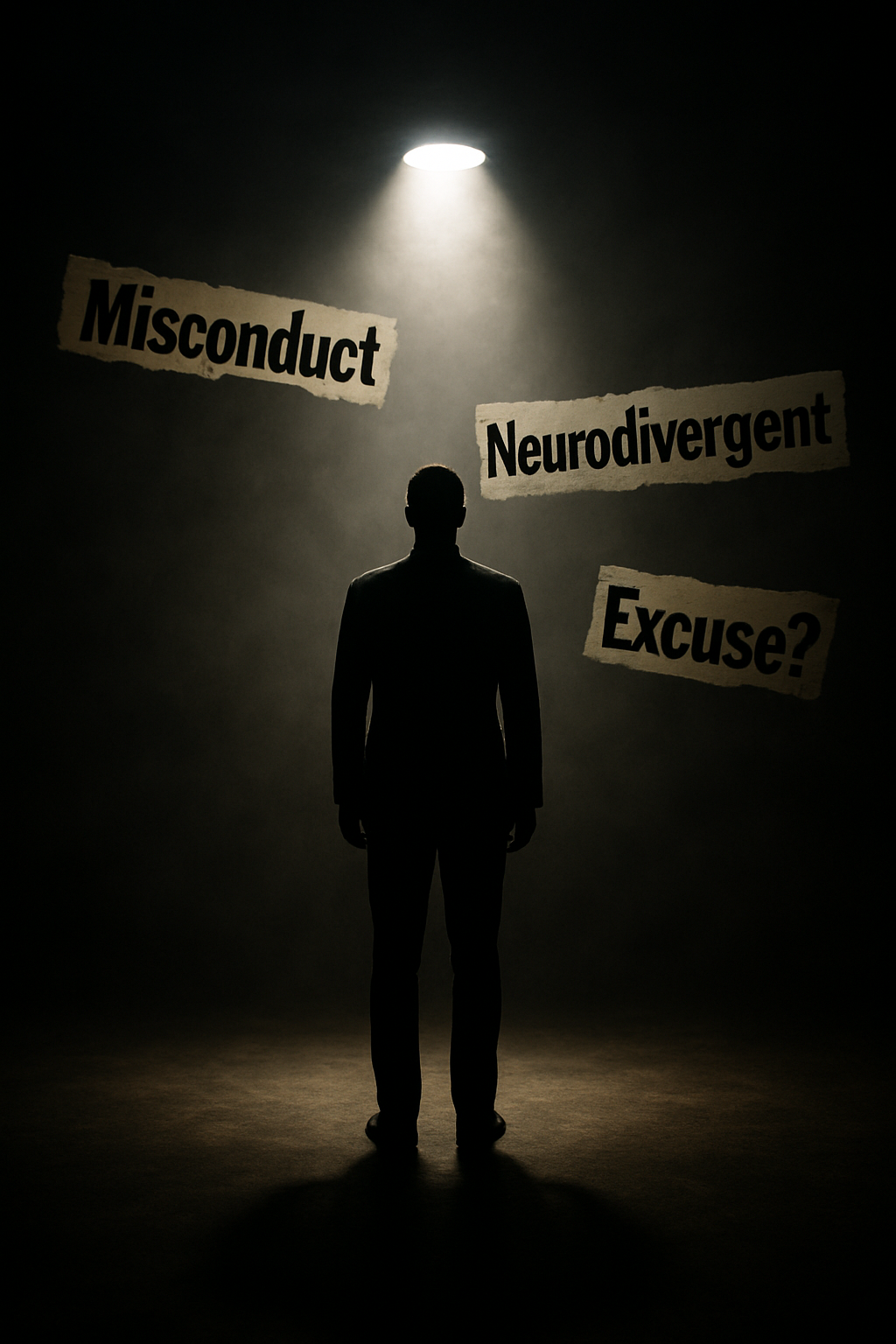I remember losing my job the way you remember your first heartbreak — with a sharp, involuntary wince and a quiet, lingering ache that sneaks up when you least expect it. One minute I was someone with a nameplate on an office door, a pension plan, and a polite nod from the barista who knew my “usual.” The next, I was just another face in the crowd, clutching a cardboard box and wondering how the hell it had all unravelled so quickly.
At first, it’s pure dread. Like standing in a darkened room, fumbling for a light switch that isn’t there. The questions are immediate and brutal: “What will people think?”, “How will I survive?”, “Am I now… irrelevant?”
Society doesn’t exactly offer a warm hug to those who stumble later in life. It nudges you to the side, making way for the next shiny thing and whispering that maybe, just maybe, your best days are tucked safely behind you. It’s a silent shame. You learn to fake smiles at gatherings, speak vaguely about “consulting” roles, and nod enthusiastically at others’ successes while secretly nursing a wound that won’t seem to heal.
The Mental Impact: Grieving the Life You Thought You’d Have
No one warns you that losing your job feels a lot like losing a limb. You keep reaching for the familiar—the structure, the routine, the identity—only to find thin air. Your confidence doesn’t just take a knock; it crumbles into dust. Suddenly, every missed call feels like a rejection and every unanswered email proof that you’ve somehow expired.
The dreams you built your life around, the safe retirement plans, the steady drumbeat of “making it” — all gone. And in their place? Silence. Doubt. Fear. It feels like the earth has opened up beneath you and you’re free-falling through a life you no longer recognise.
The Social Shame: The Invisible Scar
The social sting is almost worse. Friends don’t know what to say. Some avoid you entirely, as if misfortune might be contagious because online, your feed becomes a cruel parade of “I’m thrilled to announce” posts, each one twisting the knife a little deeper.
And you, brave soul, slap on a brave face and murmur something about “new opportunities” when inside you’re wondering if you’ll ever feel like yourself again. It’s a lonely, exhausting dance, and few understand it unless they’ve waltzed through the same fire.
The Turning Point: When Rock Bottom Becomes Solid Ground
And then, slowly, something shifts. Maybe it’s the sheer boredom of moping or the realisation that nobody is coming to save you. Maybe it’s the tiny, stubborn ember inside that refuses to die.
One day, you wake up and think, “What if this isn’t the end? What if it’s the beginning?”
You start to see it differently. You realise that you’ve been handed something rare and powerful: a second chance. A blank page. An opportunity to do the thing you’ve always secretly wanted but never dared because life got too comfortable.
No more pretending, nor shrinking to fit. No more chasing someone else’s definition of success.
Your Age Is Your Superpower
Here’s the glorious, liberating truth: You are not starting over. You’re starting from experience.
You know how the world works. You can spot nonsense from a hundred paces. You’ve loved, lost, fought, failed, and risen — and that makes you unstoppable.

Where younger folks have ambition, you have resilience. Where they have speed, you have strategy. You are a seasoned warrior stepping back onto the battlefield, not a naive recruit clutching their first sword.
Quiet Legends: Late Bloomers Who Prove It’s Never Too Late
Forget the Hollywood success stories for a moment. Let’s talk about the quietly brilliant people who rewrote their lives when everyone else assumed their story was finished:
- Harry Bernstein didn’t publish his first successful book “The Invisible Wall” until he was 96. Ninety-six!
- Toni Morrison published her first novel at 39 but didn’t achieve widespread acclaim until her forties.
- Peter Roget created the thesaurus at 73 after a lifetime of battling depression.
- Anna Mary Robertson Moses (better known as Grandma Moses) only began painting in her seventies and became an iconic American folk artist.
- Ray Kroc took over McDonald’s at 52 and transformed it into a global empire.
None of them “peaked” at 30. They created new peaks well past the age most people start looking for a footstool.
The New Story: What You Have to Give Now
You have battle scars — and that’s a good thing. You have stories etched into your bones. You have patience where others have panic. Insight where others have impulse.
What you offer now is rare: depth. Wisdom. Real value.
You are not some obsolete relic from a bygone era. You are a lighthouse, standing strong, guiding others through the storm.
The Reflective Final Thought

Losing your job later in life feels like the end — until you realise it’s a beautiful, brutal rebirth.
It hurts. It terrifies and strips you down to your barest self. But then it hands you something that very few people ever truly get: the chance to live on your own terms.
Not despite your age and experience — but because of it.
So if you’ve found yourself lost, adrift, wondering if it’s too late, let me tell you: it isn’t. You can either be more fussy with your next search using LinkedIn or really take that leap and do something totally new.
Here’ a good one for you! Exposed: Great LinkedIn Lies and Hustle Highs
You’re just getting started.
What dream have you tucked away all these years that might finally be ready to take flight?





One thought on “The Reality Of Losing Your Job Later In Life”